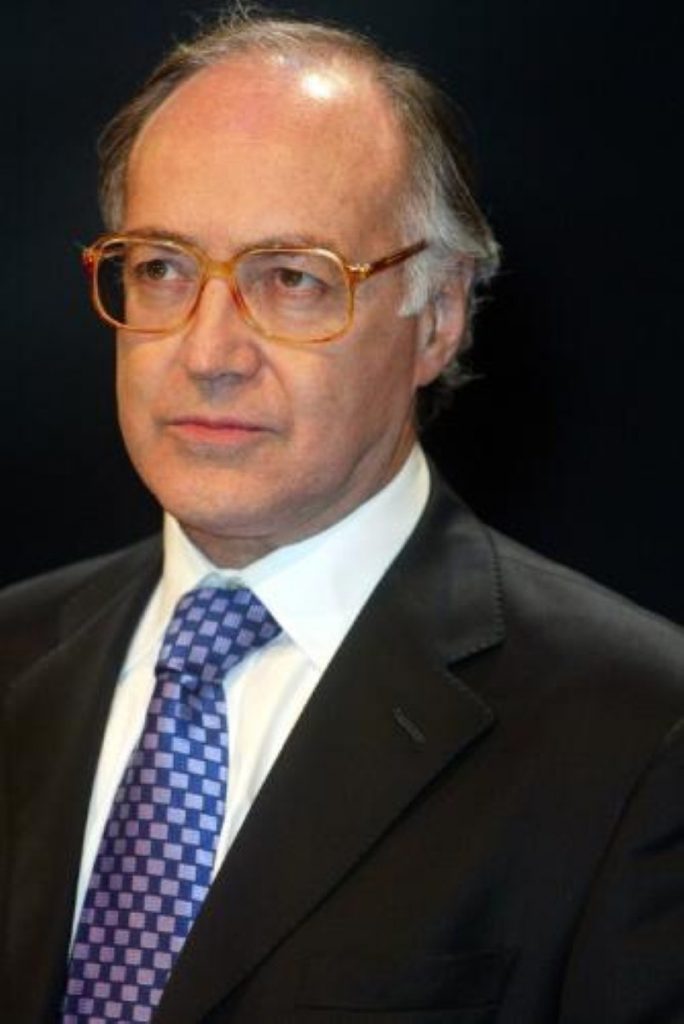Difficult day for Howard
The Conservative Party endured perhaps their hardest day of the election campaign to date, with a series of blows from the media.
First, three new polls put the Tories between five and nine points behind Labour – a downturn in fortunes since last week’s surge (full story).
Second, the Guardian newspaper claimed that shadow Cabinet members had approached Conservative leader Michael Howard over the weekend to urge him to tone down the party’s message on immigration. Mr Howard denied the allegations, telling reporters at his morning press conference, “We have had no such calls, either to me or my office.” (full story).
And thirdly, it was reported that News International head Rupert Murdoch had criticised the Conservatives’ immigration plans at a conference in Los Angeles. Mr Murdoch’s group owns four of the UK’s major national newspapers, the Times, the Sunday Times, the News of the World, and perhaps most importantly, the Sun – and his views are frequently reflected in the papers’ editorial lines.


Nevertheless, Mr Howard was determined not to give the impression of a “wobble”, and he continued about his itinerary, starting the day with a press conference focusing on crime and “yob culture”. Mr Howard set out a five-point programme for cutting crime and anti-social behaviour and delivered a speech entitled “It’s all about respect”. (full story).
Labour focused on health for the fourth successive day, playing to their own perceived strengths. The leadership decamped to Birmingham for a morning press conference presented by Tony Blair, Tessa Jowell, Melanie Johnson and Margaret Hodge (full story).
Promising new standards on school meal nutrition and food advertising aimed at children, the Labour spokespeople were nonetheless unwilling to name particular foods that would be affected. Mr Blair acknowledged, after having been accused of this on Monday, that Labour is deliberately aiming its message at women.
The Liberal Democrats also focused on health, with leader Charles Kennedy promising to tackle the problem of “hidden waiting lists” – which he defined as times spent waiting for diagnosis, which are not counted under Labour’s targets (full story).
Mr Kennedy then headed to a hospital in Okehampton in Devon, and went on to the European Institute of Health and Medical Sciences in Guildford – one of the Lib Dems’ most marginal seats.
In Scotland, the Scottish Green Party launched their election manifesto on a platform of “People, Planet, Peace” (full story).












